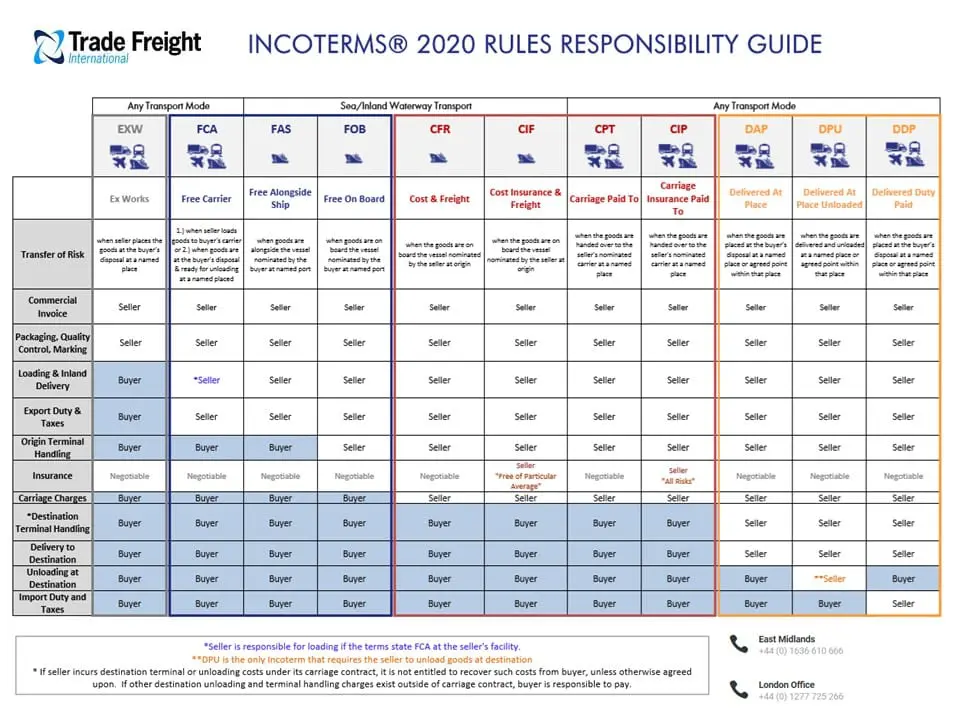With COVID19 now fading away, hopefully never to return, (although that is definitely not guaranteed), the UK can now start finding its way to a new normal. Of course, it has Brexit to negotiate first. This seems a good moment to think about what the future might bring for the UK’s haulage industry and, hence, what companies might need to do to prepare for it.
An uneven recovery
Supermarkets and other grocery companies have been going at full speed during the pandemic. In fact, they may even appreciate a slow-down in custom as other businesses reopen and customers start returning to something approaching their normal routine. Of course, it’s anyone’s guess how quickly that will happen or how much the “new normal” will resemble the “old normal”.
At present, the government is urging us all to head back to the office, but, so far at least, their urgings seem to be falling on largely deaf ears. This may be because people are still concerned about the virus. It may, however, be because they rather like home-working, at least part of the time.
From an economic perspective, it could be that the best solution would be for people to combine working in the office with working from home. This would provide the footfall desperately needed by people who’ve created businesses to serve office workers who are no longer in their corporate offices. At the same time, it could ease the congestion on the UK’s roads and on public transport.
This would potentially be a huge win for all concerned, including the haulage industry. Hauliers not only use the roads but also depend on there being demand from businesses. What’s more, they tend to prefer that demand to be at least reasonably well-balanced. After all, if there’s one lesson to take away from this pandemic, it’s the danger of creating a single point of failure, especially a critical one.
A slow return to growth
The UK’s economy has lots of moving parts and while those parts can be brought to a screeching halt, they cannot necessarily sprint off from the starting blocks and go full steam ahead. While some firms have survived, and even thrived, in lockdown, many are still trying to figure out how to operate in a post-COVID19 environment. Realistically, some may never do so, at least not in their current form. This may not spell disaster, where one door closes another door often opens. The chances are, however, that it will take some time to find the key.
On the plus side, this may give the haulage industry some breathing space to address pressing issues. The most obvious one is the shortage of drivers. Now could be the perfect time to start reaching out to people who might be unaware of the prospects open to HGV drivers. Women, in particular, are an untapped recruitment market.
It could also give the haulage industry room to assess new technologies and ways of working, for both drivers and support staff. Haulage may be one of the oldest industries around, but it has to move with the times.
Brexit will happen
On the one hand, nothing is truly settled until it’s over. In theory, anything could happen until then, including a complete reversal of Brexit. In practice, however, all the signs are that Brexit is going to happen and that it will be a hard Brexit. This means that anyone involved in trade with the EU is going to need to gear up for some major changes.
What’s more, the brunt of those changes is likely to be born by the haulage industry, at least in the short term, as the government is painfully behind on the recruitment of customs agents.
For more information about our services, please contact us



Recent Comments